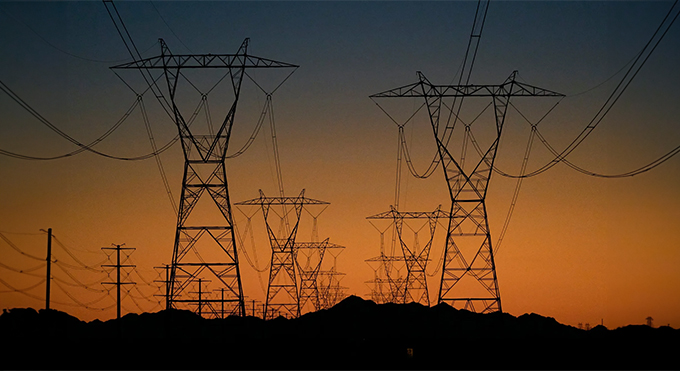Zimbabwe’s Minister of Energy and Power Development has called upon Southern African Development Community (SADC) member states to urgently accelerate investments in new energy projects and significantly improve transmission efficiencies to effectively underpin regional industrialisation ambitions. Addressing the 11th edition of the Mozambique Mining and Energy Conference and Exhibition in Maputo, the minister highlighted the persistent and substantial energy supply deficits plaguing the SADC region.
The minister underscored the widespread electricity shortages, particularly prevalent in rural areas, noting the alarmingly low access rate of approximately 32 percent in these regions, placing SADC behind other African regions in electrification. He also pointed out the region’s heavy reliance on coal, which currently accounts for about 74 percent of electricity generation, contributing significantly to environmental concerns and hindering energy diversification efforts. The minister further highlighted the ongoing power shortages experienced across the region, with countries like South Africa, Zimbabwe, and Zambia frequently facing widespread load shedding.
Climate change, the minister cautioned, is exacerbating these energy challenges by negatively impacting crucial water resources essential for hydroelectric power generation. Despite these hurdles, the minister emphasized that the SADC region is richly endowed with diverse natural resources that hold immense potential for optimal exploitation and benefit. He specifically cited the significant hydro potential of the Zambezi and Inga River basins, the vast natural gas reserves in Mozambique, and the substantial oil deposits in Angola as key resources.
Furthermore, the minister highlighted the region’s wealth in uranium (Namibia), extensive coal deposits (Zimbabwe, South Africa, and Botswana), and a wide distribution of renewable energy sources such as solar, biomass, wind, and geothermal. He also stressed the strategic importance of the region’s critical energy minerals, including cobalt and lithium, which are vital for the development of renewable energy systems, particularly in the manufacturing of batteries. The minister advocated for value addition within the region rather than simply exporting raw materials to maximize economic benefits.
The minister stressed the pivotal role of regional energy trading in providing affordable and reliable energy services, asserting that the Southern African Power Pool (SAPP) must be central to all power supply initiatives within the region. He acknowledged SAPP’s current significant role in power trading, with its membership comprising various countries and power utilities. Due to its strategic central location, Zimbabwe can play a crucial role in facilitating power trading through wheeling. The minister emphasized the urgent need to strengthen regional transmission infrastructure and enhance interconnectivity between countries and regions, citing projects like Zizabona and Mozisa as key examples for Zimbabwe.
The minister advocated for the capitalization of the established regional fund to further foster development in the energy sector and stressed the necessity for the harmonization of regional energy policies and plans to ensure seamless and efficient energy trading. He also highlighted the importance of import substitution, encouraging SADC member states to prioritize regional products to drive industrialisation, citing Zimbabwe’s transformer production as an example where regional support could lead to significant industry growth.
Investment in critical energy-related infrastructure, including petroleum-related facilities, was also underscored as vital for supporting regional industrialisation and overall economic development. The minister provided an update on the expansion of the fuel pipeline between Mozambique and Zimbabwe, which aims to increase its capacity to five billion litres per annum to meet current and future fuel demands for Zimbabwe and other hinterland countries in the region.
The first phase of upgrading the Feruka-Msasa pipeline is nearing completion, with commissioning tests underway, and further upgrades to the Beira-Harare pipeline are planned to further increase capacity. The minister concluded by emphasizing Zimbabwe’s ongoing commitment to exploring further opportunities for regional cooperation to improve efficiencies in the regional fuel distribution value chain and maximize economic benefits through the development and strengthening of petroleum-related value chains, ultimately enhancing regional competitiveness and energy security.

